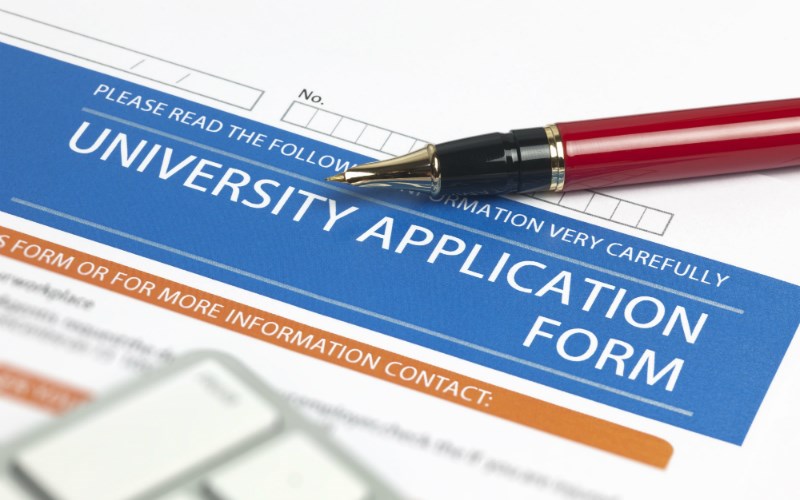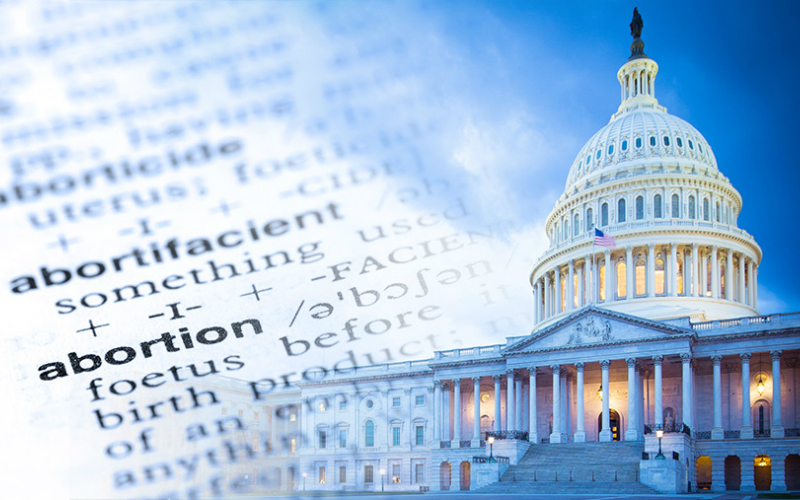The topic involves affirmative action – and the challenge comes from Students for Fair Admissions, a non-profit group of more than 20,000 students, in a case that involves two well-known schools: Harvard, of the private Ivy League (here), and the public University of North Carolina (here).
Students for Fair Admissions has fought race-based admissions for years. The group comprises parents and individuals who believe that racial classifications and preferences in college admissions are unfair, unnecessary and unconstitutional. Ken Tashjy, a Campus Reform fellow, discussed the high-profile case on American Family Radio Thursday.
 "What Students for Fair Admissions is asserting is that the use of race by these institutions in their admission procedures, in order to try to create racial diversity on their campuses, is well outside the scope of what was authorized and permitted by the court about 20 years ago," he explained, "and that was to use race as a factor in admissions but never to be a predominant or determining factor, but just one of many factors."
"What Students for Fair Admissions is asserting is that the use of race by these institutions in their admission procedures, in order to try to create racial diversity on their campuses, is well outside the scope of what was authorized and permitted by the court about 20 years ago," he explained, "and that was to use race as a factor in admissions but never to be a predominant or determining factor, but just one of many factors."
Three years ago a lower court ruled in favor of Harvard saying its admissions policy did not discriminate against Asian-American applicants.
Edward Blum, president of Students for Fair Admissions, was not dismayed. He told The Associated Press then, "Our hope is not lost. This lawsuit is now on track to go up to the U.S. Supreme Court where we will ask the justices to end these unfair and unconstitutional race-based admissions policies at Harvard and all colleges and universities."
The North Carolina case also involves Asian-American students.
Court: Race can be one factor in admissions
The Supreme Court has repeatedly ruled that colleges and universities are justified in considering race as one factor among many in admissions decisions.
In Fisher v. University of Texas in 2016, the Court affirmed a Fifth Circuit decision out of New Orleans that upheld the school's undergraduate admissions policy which it said incorporated limited affirmative action aimed at increasing racial and ethnic diversity among Texas students on the Austin campus.
The lawyers for Abigail Fisher, a white student, argued Fisher would have been admitted to the university had she been another race.
While the Supreme Court justices have allowed affirmative action under strict scrutiny, some observers believe a more conservative court – which includes three appointees from former president Donald Trump – could overturn the longtime law like it did in last summer's high-profile case, Dobbs v. Jackson Women's Health Organization.
Tashjy served as general counsel for the Massachusetts Community College System for more than 21 years and currently serves as a high education attorney and consultant. He says affirmative action on college campuses "has strayed very far from the original intent" of the Supreme Court.

"Unfortunately, the process has really morphed into where race now is not just a factor in admissions but has become the factor in many cases," he told show host Jenna Ellis. "It amounts really to nothing more than racial balancing or the usual racial quotas, which have for a very long time been illegal under federal law."
The drift to this point has been 20 years in the making, Tashjy explained. Too many admissions officers have used "check this box" applications, and warning bells go off when the box beside certain races are checked.
"Unfortunately, institutions … have become really lazy in the admission process in that in many cases they use the common applications box-checking system for racial classification as a primary factor for admission," he stated. "The intent of the Court was that race was only supposed to be one of many factors that were to be considered. In the most recent oral arguments, the Court pointed out there are … between 30 and 40 factors to be considered – and that race has taken on a much stronger level of consideration.
"That's why I believe the Court is poised to reverse the use of race further in admission decisions moving forward."
Application of racial preference has been inconsistent
Tashjy said he sees the racial-preference method abused only in terms of admissions and not employment and other walks of life. "We don't use race as a factor in awarding scholarships or financial aid," he pointed out.
 The question, then, is why race continues to be a factor in admissions? If the Supreme Court's decision changes that, it's possible that decision touches other campus practices.
The question, then, is why race continues to be a factor in admissions? If the Supreme Court's decision changes that, it's possible that decision touches other campus practices.
"In virtually all other aspects of society we've eliminated that consideration, and I think that's going to weigh very heavily on the Court's consideration here. Frankly, if they do weigh [against] the use of race as an admission criteria, I think that [ruling] could have an impact – and it should have an impact – on this expanded focus on DEI [Diversity, Equity, and Inclusion] on our campuses," Tashjy offered.
Tashjy argues colleges and universities need to return their focus to educating and preparing students.
"We need to get back to focusing on the core mission of institutions of higher education," he concluded. "… If they really are intent on trying to create a broad, diverse student body, then they need to start considering other factors like socioeconomics, geographic diversity or experiential diversity – or how about some ideological diversity on college campuses?"
The Supreme Court's decision in the two cases could be announced as soon as Friday (June 23) or sometime next week.







